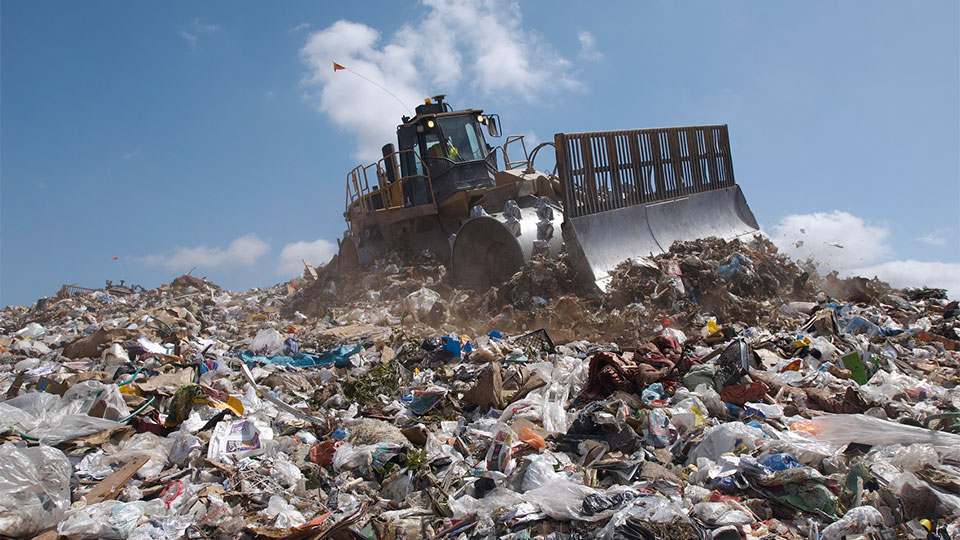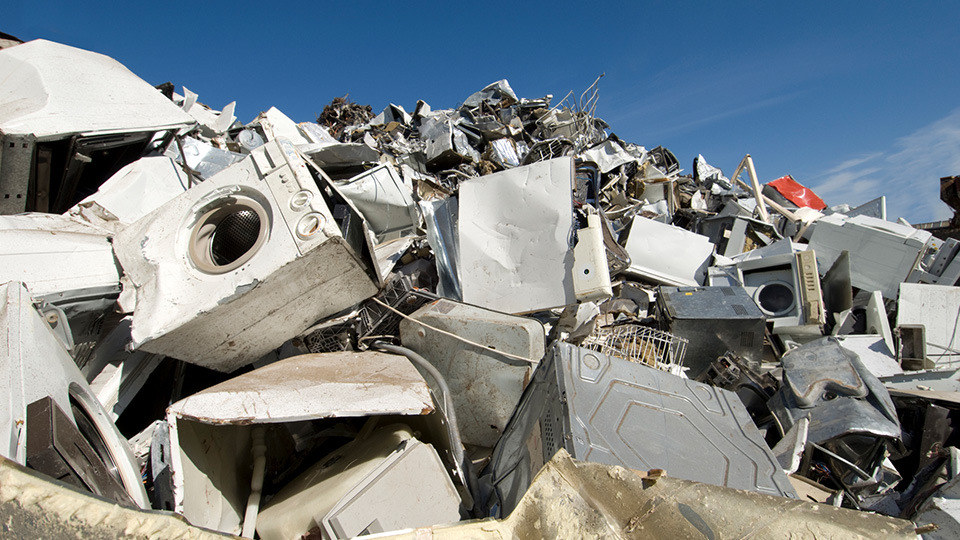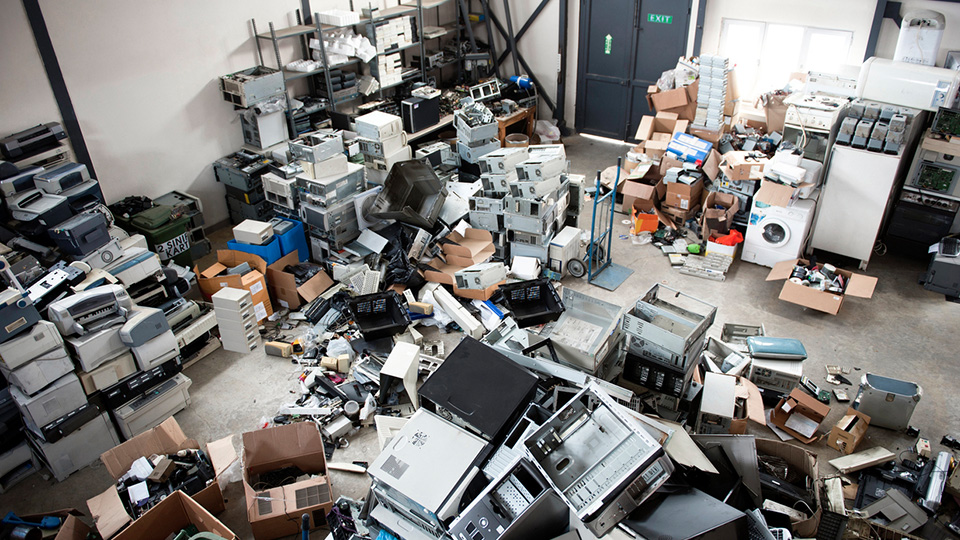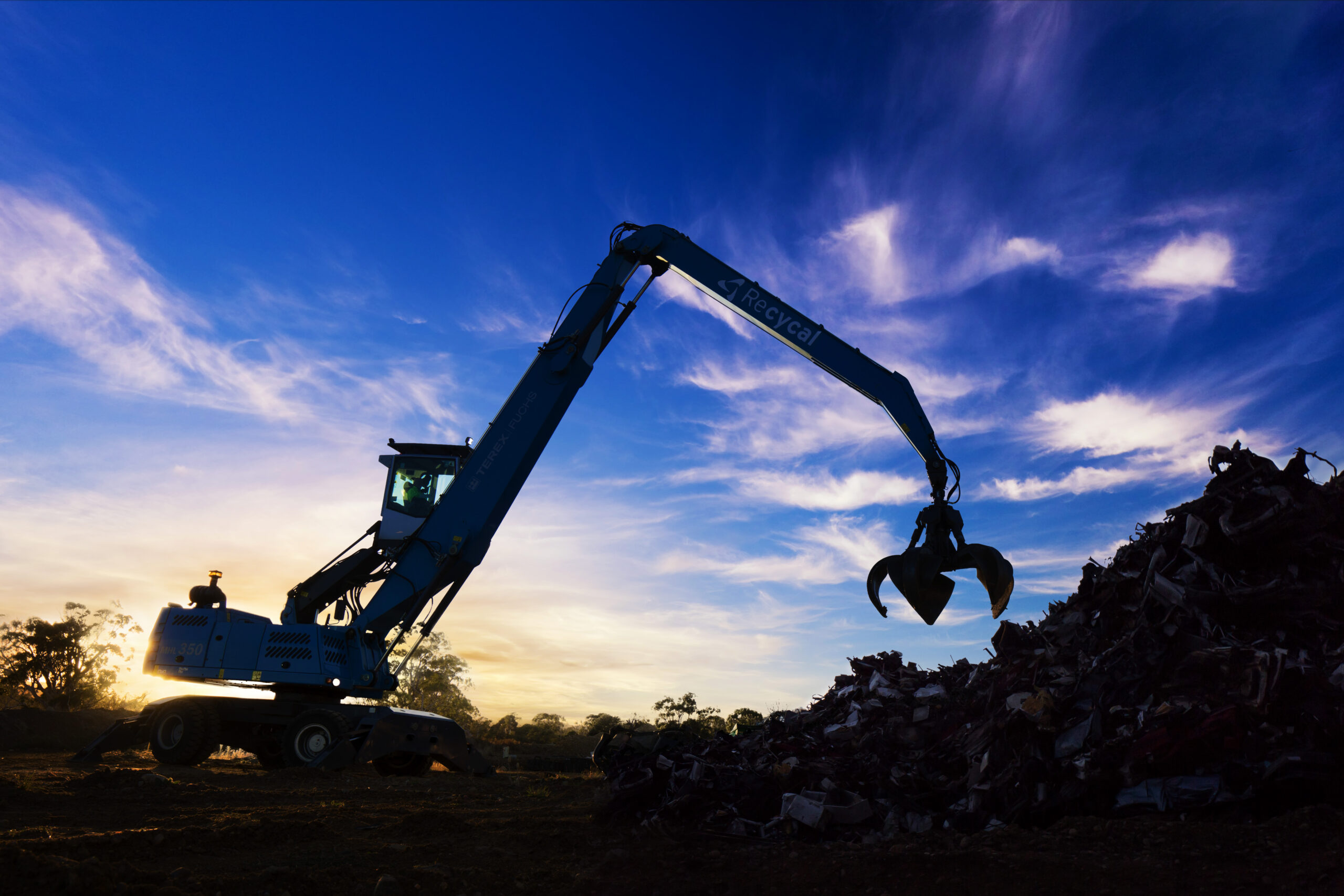October 2023 marked the 10th anniversary of the adoption of the Minamata Convention. A deal that showed the importance of international diplomacy when it comes to supporting environmental and health issues. It should be noted there are now 147 parties that have ratified the agreement. The agreement calls for countries to phase out mercury use in products. As well as that the agreement seeks to ban the opening of new mercury mines, and limit mercury emission into the environment. Australia was the 136th nation to ratify the convention in December 2021.
“The Minamata Convention is such a significant global agreement for people and the planet” says Monika Stankiewicz, the Executive Secretary of the Minamata Convention Secretariat. “Mercury use is not essential. As we move forward to make mercury history, I hope to see more countries joining the Minamata Convention”.
United Nations support
The convention is hosted by the United Nations Environment Programme (UNEP). For nearly three decades it has worked to limit the fallout from mercury pollution. Observers are buoyed by progress in recent years. Mercury trade has slowed. Manufacturers are finding alternatives to mercury in a range of products. Importantly, public awareness of the dangers of mercury has also grown.
Today mercury is present in a myriad of household products. These include, some batteries, thermometers, and light bulbs. Eco cycle are one of Australia’s major recyclers of mercury.
It should be noted that burning coal, including for power, is a major source of mercury. Indeed, atmospheric mercury concentrations have increased by 450 per cent above natural levels. The chemical is also used in small scale gold mining. Gold mining globally employs up to 20 million people, including many women and children. Furthermore, mercury that is not processed or claimed during mining and ore processing can make its way into the environment. Particularly, if the mining waste is not stored properly.
Clearly, Australian miners are conscious of this problem. The challenge is to cost effectively deal with mercury residues and to ensure they are treated and cannot escape into the atmosphere and environment. In some remote areas around the world miners have compromised management of mercury recovery because of the costs. This results in more mercury going into landfill with higher risks of escape into the environment.
Indeed, the UNEP estimated that in 2019 2 million people died as a result of chemical pollution. Experts believe many of these fatalities were linked to mercury.
Australian Dental Industry lags behind
Mercury has been known for centuries to be toxic. Exposure will cause a range of serious health problems, including irreversible brain damage. The slow-motion discharging of liquid containing high concentrations of methylmercury, a derivative of mercury, between 1932 to 1968 accumulated in the fish that residents of Minamata ate. This resulted, over time, in brain damage, paralysis, incoherent speech, and delirium to residents, as well as animals. Currently over 70,000 residents have been impacted.
The dental industry must look to collect mercury from the drilling out of old fillings. Australia is one of the few countries that have not, as yet, banned this waste from going into sewers. A simple cost-effective filtration system collects this mercury material and protects our waterways and environment. Importantly, Eco cycle have developed a national collection service and system that can help dentists manage this problem in their practice.
Minamata has symbolized the dangers of mercury. For developing nations, it continues to be a problem as they seek to find solutions to the toxic fallouts of bad recycling practices.





